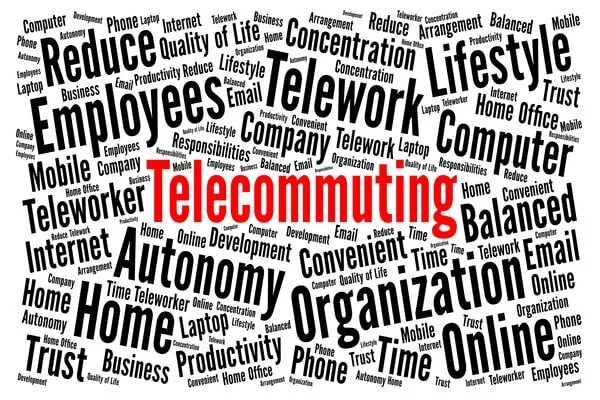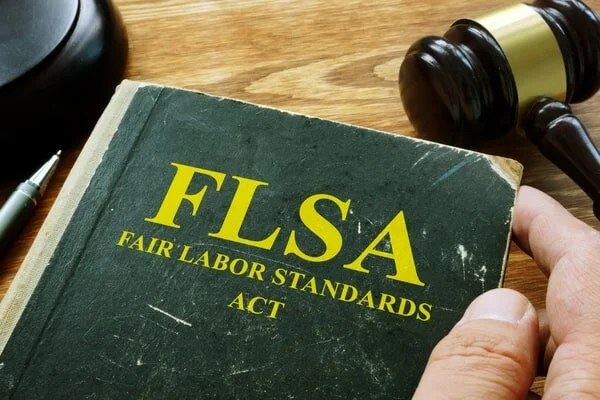If your employee is injured on the job, you are going to need to respond appropriately by having them seek medical help, securing the workplace, documenting the incident, reporting the incident to the appropriate authorities, and cooperating with your employee’s compensation claim. Steps 1, 2, and 3 below should be taken nearly simultaneously.
California imposes a number of burdens on employers to ensure that the diversity of the state’s general population is reflected in the workplace, including anti-discrimination requirements, sexual harassment prevention training, and boardroom diversity requirements. California’s diversity requirements are numerous, and the following is only a sample.
You can take advantage of the overlap between California real property law and estate law to benefit your estate plan by retitling real estate, forming living trusts, and other measures. The following represents only a few of the many ways that you can structure real estate ownership to benefit your estate plan.
Buying a home in California implicates a multitude of legal concerns such as the sellers’ required disclosures, title insurance, the terms of the purchase and sale agreement, and the possibility of Mello-Roos taxes. It is important for you to develop a basic familiarity with these concerns before you finalize your purchase.
Lis pendens is a Latin-derived legal term that refers to a written notice that a lawsuit has been filed against a parcel of real property, either disputing its ownership or claiming an interest in the property. Since a lis pendens is filed against the property itself rather than the owner of the property, the presence of a lis pendens notice can drastically reduce the marketability of the property – after all, anyone who purchases the property will also be purchasing a lawsuit.
If you own real property upon which you intend to erect a structure, you can either hire a builder to erect the structure or act as an owner-builder and work directly with subcontractors. Although “cutting out the middleman” might seem attractive, selecting the owner-builder option will require you to accept certain legal risks and potential liabilities.
California Assembly Bill AB-5 requires a hiring party to prove whether a worker is an employee or an independent contractor, with the default assumption being that the worker enjoys the full rights of an employee unless proven otherwise. This is a highly significant move, because employees enjoy far greater legal rights than independent contractors do. AB-5 greatly adds to the risks incurred by businesses when they hire an independent contractor.
In the service industry (such as at a restaurant), a service charge is a mandatory extra charge that is added to a bill, while a gratuity (also known as a tip) is a voluntary amount that a customer may choose to add to a bill. Service charges and gratuities are treated differently under California labor law.
Although experts predict that driverless cars will turn out to be safer than cars driven by humans, not enough miles have been driven yet to prove them right. California, along with other states, has enacted starter legislation to regulate the use of driverless cars.
California’s housing affordability crisis stems from high population growth in critical areas, slow new home construction, and local mismanagement of the housing market. The Housing Crisis Act of 2019 is a legislative initiative that is designed to reverse this trend.
California has been a fantasy destination for millions of people inside and outside the US. Even a popular song, California Dreamin’, has been written about it. Some demographers, however, predict that California’s total population may actually begin to shrink soon, as more people leave the state than move into it, despite California’s high rate of overseas immigration. A lot of this has to do with the state’s deepening housing crisis.
The date that an ex-employee’s final paycheck comes due depends on whether the employee quit with or without notice, or was laid off/fired. This distinction is important because a California employer can be subject to civil liability for failing to pay an ex-employee on time.
All in all, delaying payment to an ex-employee beyond the legal deadline is treading on dangerous ground no matter what the reason for it, because California labor law has historically been very employee-friendly.
Since our Dec. 6, 2019 blog post entitled “New California Employment Laws: What Employers Should Know” did not cover the full landscape of new California employment laws, we summarize here some of the other significant legislative highlights that will affect California employers in 2020. They include new provisions on sexual harassment training, labor arbitration, employee waiver of rights, and racial discrimination.
Certain employers – including many companies with federal government contracts, financial institutions, and health care facilities – must comply with federal affirmative action requirements regarding the hiring and advancement of disabled people, veterans, women, and minorities if they want to do business with the federal government.
The California Consumer Privacy Act (CCPA) grants California consumers certain privacy rights with respect to information concerning them and their households. Although not every auto dealer will be affected by the CCPA, compliance could be time-consuming and expensive for those who are.
A commercial lease should be carefully negotiated to include provisions on rent, utilities, repairs, breach and cure, subleasing, non-competition, and the fixturization period. These provisions must be carefully considered before you even begin negotiating. A tenant is likely to seek maximum flexibility, while a landlord is likely to seek to maximize stability.
New features of California employment law that are set to go into effect in 2020 include arbitration restrictions, an extended statute of limitations, a prohibition against “no rehire” clauses in employment agreements, an increase in the minimum wage, a new way of distinguishing between an employee and an independent contractor, and other reforms.
California employment law is constantly evolving, and the consequences of failing to keep up with the law could be devastating to your business. The following is an abbreviated synopsis of a few of the new developments:
A trade secret is proprietary knowledge possessed by a business that is commercially valuable – the formula for Coca-Cola is a classic example. The term “trade secret” is typically applied to proprietary knowledge that is not protected by conventional devices such as patents or copyrights. Although trade secret law, as enshrined in the California version of the Uniform Trade Secrets Act, is designed to protect vulnerable businesses, a rogue employee could inflict tremendous damage if you ignore the inherent risks of maintaining trade secrets.
“Substantial completion” is the point in a construction project in which the contemplated premises have been completed to the point where the owner can move in and use the premises for their intended purposes. Not everything needs to have been completed for substantial completion to apply. In a typical construction contract, certain legal rights and duties kick in at the point of substantial completion, which is why the term needs to be defined clearly.
Telecommuting seems to be the wave of the future. Currently, over a third of all employees have telecommuted at some point, and millions of employees nationwide telecommute on a regular basis. Prevailing trends suggest that this figure will rise dramatically in the coming years. Telecommuting offers both advantages and disadvantages, and the legal implications are significant.
Unpaid internships are highly sought after by students, because they provide an impressive resume boost and because they allow the intern to learn something about the actual practice of the field he is studying to enter. In some quarters, however, unpaid internships are looked upon as a means by which an employer can exploit free labor while strengthening his bargaining positions with paid employees. Consequently, federal law strictly regulates unpaid internships.





















